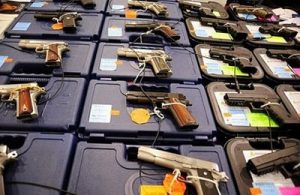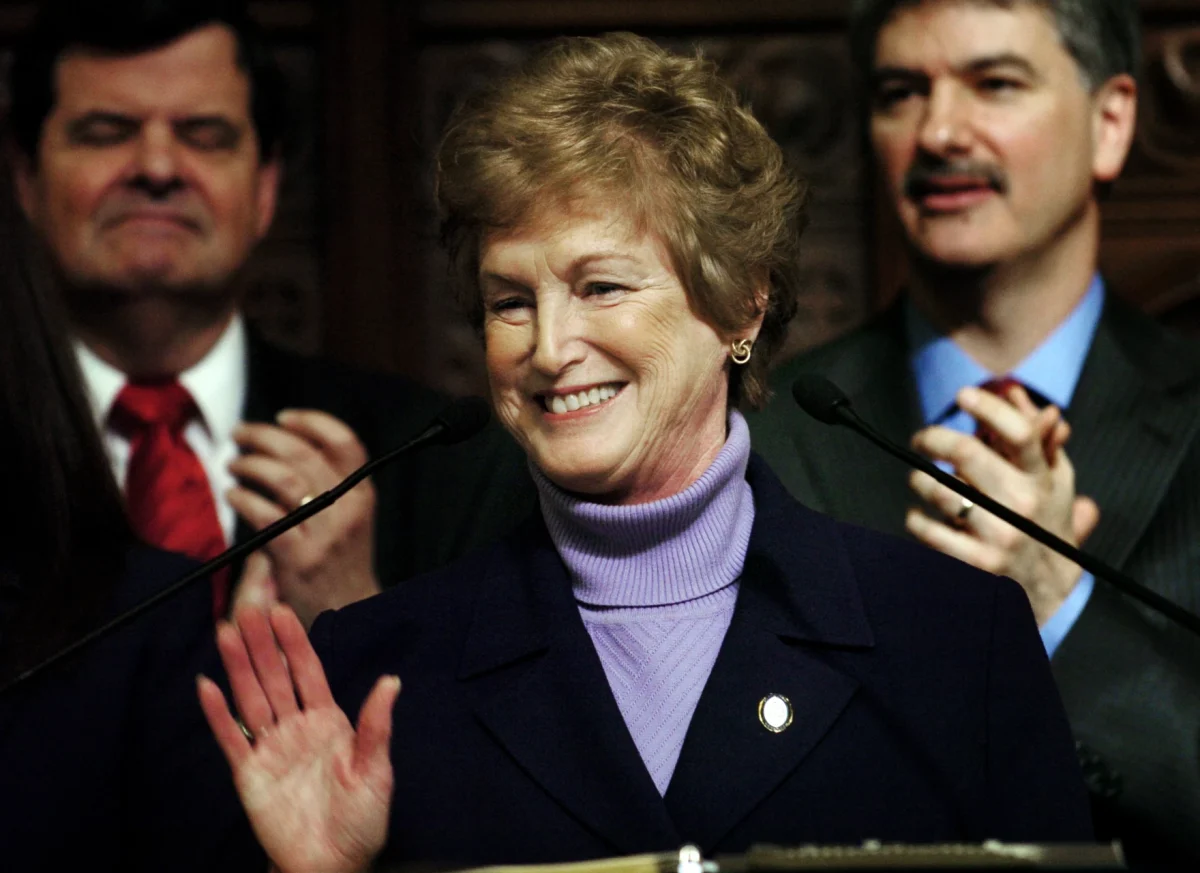Nearly two years ago, the U.S. Supreme Court struck down a Washington, D.C., handgun ban in a landmark ruling with a 5-4 vote. The decision in District of Columbia v. Heller held that the Second Amendment does indeed protect an individual’s right to gun ownership (although there are still limits).Yet that ruling did not settle the question once and for all.

Why? Because the District is a federal enclave, subject to federal laws. The ruling, therefore, did not address whether the Second Amendment applies to state and local governments. So while the Heller decision was hailed as a big victory for gun-rights advocates, it didn’t stop states or cities from enacting similar laws that restrict gun ownership. (D.C.-adjacent Maryland, for example, could have instituted the exact same ban and not gotten into legal hot water over it.)
But in the next few months, the Supreme Court could take that extra step. On Tuesday, the justices will hear arguments from lawyers on both sides of a case brought by residents of Chicago who are seeking to have a handgun ban in their city struck down. They want the Second Amendment to apply to local governments the same way the high court said it applied to the federal government in Heller.
Otis McDonald is the lead plaintiff in McDonald v. City of Chicago. The retired maintenance engineer says he wants to be able to keep a gun in his home to protect himself. But Chicago’s strict gun-control law, considered very similar to the law struck down in Heller, prohibits him from doing so. (McDonald, who was recently profiled in the Chicago Tribune, was hand-picked by lawyers hoping to bring this challenge. He happens to be black and a Democrat – a rarity among American gun-rights advocates, who are generally perceived to be white Republicans living in suburban or rural areas.)
The legal catch in this case is that it’s not really about the Second Amendment. When Congress passed the Bill of Rights – the first 10 amendments to the Constitution – it only protected people from infringements by the federal government. The Supreme Court later decided that each of the amendments in the Bill of Rights must be applied to the states individually, with specific rulings. The court has done so with most amendments, but thus far not with the Second, which it has explicitly ruled should not be applied to the states.
Instead, what will really be argued before the court is the Fourteenth Amendment, which has often been the vehicle the court has used to apply amendments from the Bill of Rights to the states. This amendment says, among other things, that the federal government cannot make or enforce any law that will “abridge the privileges or immunities of citizens” and cannot “deprive any person of life, liberty, or property, without due process of law.”
Lawyers for McDonald will argue their case mostly based on the “privileges or immunities” clause; the National Rifle Association, which has been given a chance to argue before the justices too, will present a case for gun rights that turns more on the “due process” clause.
So, specifically, the question the high court must decide is this: Does the Fourteenth Amendment – either via the privileges-or-immunities clause or the due-process clause – mean that the Second Amendment protects people from state and local laws that abridge their right to bear arms?
The answer to that question involves a lot of complicated legal history and interpretation, and if the court does rule in favor of broader Second Amendment protections, it will almost certainly have to contradict its rulings in earlier cases.
The potential implications of this case are huge – and not just for gun rights. If the privileges-or-immunities argument prevails, it would bring back a constitutional argument that has been effectively dead since 1873, when a decision (known as the Slaughter-House cases) said that the clause only protects rights of national citizenship. But if the court reinterprets this clause, the wording is so broad that some think it could bring a flood of challenges to numerous other laws. Others fear a privileges-or-immunities revival will lead to too much judicial subjectivity. This case has something for both “gun nuts” and “constitutional nuts,” as Supreme Court scholar Ilya Shapiro put it to the Washington Post. It could maintain the status quo; it could dramatically expand the protection of people’s Second Amendment rights; or it could do that and dramatically change an approach to constitutional law.
Whatever the decision, we’ll probably know by the end of June, the last month of the court’s current term.



